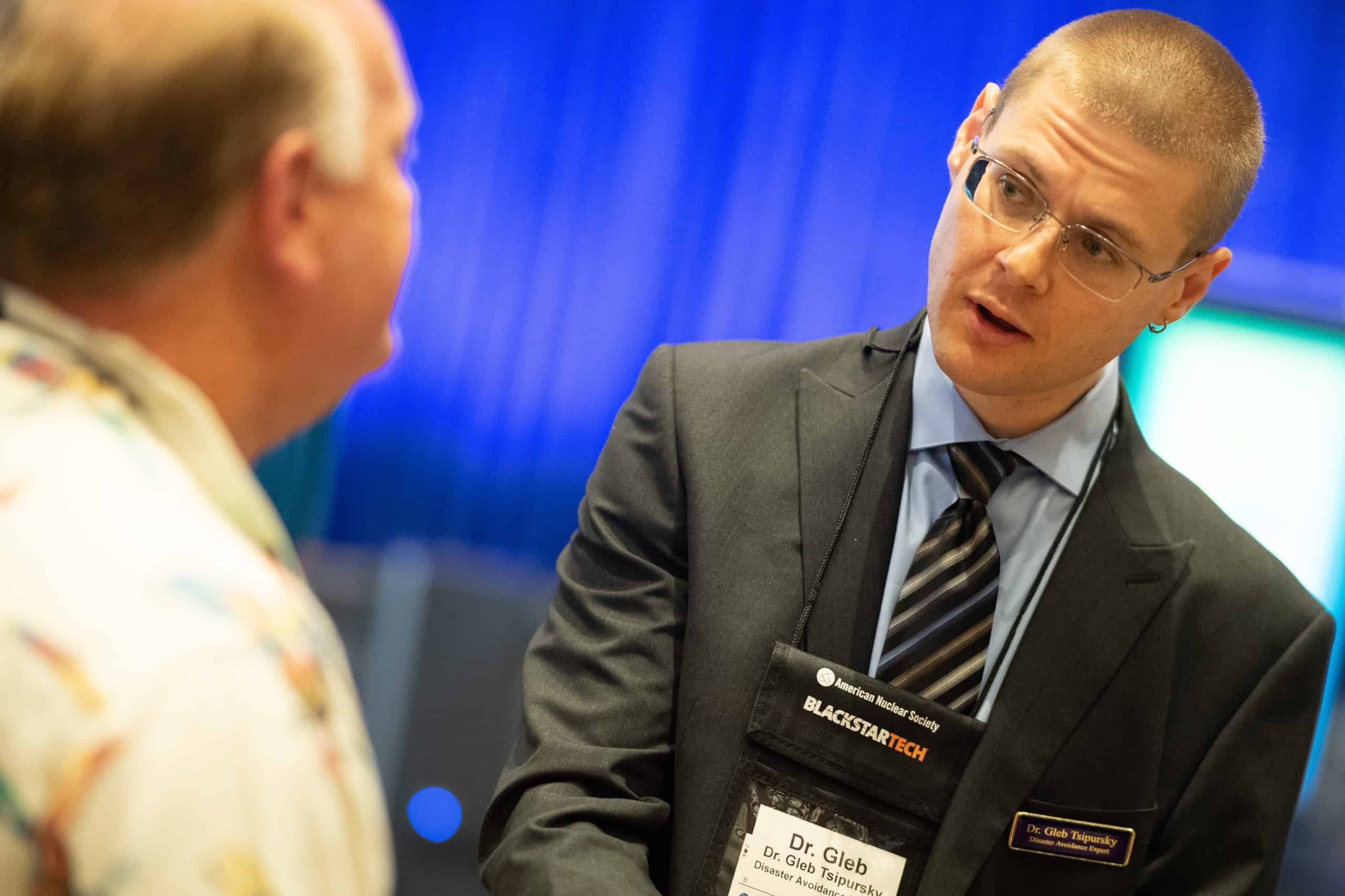Do you want to be known for:
Retaining your best clients and employees?
Excellent project management?
Making wise hires?
Seeing and addressing potential threats?
Noticing and seizing unexpected opportunities?
Cultivating top-notch employee engagement and motivation in your team?
Being the go-to person for resolving challenging conflicts and making wise decisions?
Outstanding leadership at all levels in your organization?
If you answered “yes” to any of these questions, you will benefit from our coaching that further improves your skills in making wise decisions, emotional self-awareness, and influencing others, the essential skills of a true leader. Our competitive advantage in coaching is a proprietary methodology based on cutting-edge behavioral economics research on decision-making, emotional intelligence, and social intelligence, combined with over 35 years of combined consulting experience in the trenches by our staff.
Our services aren’t for everyone. To evaluate whether you can benefit from our offerings, take this Assessment on Dangerous Judgment Errors in the Workplace. Consider to what extent you personally were passively or actively involved in any problematic patterns that you discovered during the assessment. By “actively involved,” we mean that your direct actions contributed to the problematic pattern. By “passively involved,” we mean that you failed to notice the pattern at the time when it occurred, or failed to take actions to address the pattern if you did notice it.
If the score indicates some problematic patterns in your organization, and you were passively or actively involved in these patterns, our coaching can help you address the challenges that are destroying profitability and threatening the organization’s future. Let us know if we can help!
See What Coaching Clients Say About Disaster Avoidance Experts

“Gleb’s insights as a coach are invaluable for those who want a dose of reality relative to COVID-19 and the timeline and implications we can expect. The information he shares fill in some gaps and offers fresh perspectives that we should all be aware of and prepare ourselves for. His are not popular views, and may not be what you want to hear; but his research and insights are what you need to hear to be more informed — and come to your own conclusions relative to the impact on your business.”
Kelli Richards, President, The All Access Group LLC

“Dr. Gleb is passionate about his work in helping companies and people avoid making the wrong move. I am grateful to have had the opportunity to team up and brainstorm ideas. Leaning on his expertise, knowledge and wisdom helped me make an important executive decision about life. His servant leadership style is rare coupled with his strategic insights on how to solve problems is above the best!”
Tarsha Henderson, Regional Manager, LendingTree

“I will never approach decision making the same again. You gave me some wonderful insights on cognitive biases and how they influence our decisions. I plan to use your premortem process with my team and our board. I am also eager to do more research on cognitive biases. Very interesting. Thank you again for valuable education that will support my work.”
Teresa Trost, Executive Director of Community Shares of Mid Ohio

“I've been meeting regularly with Gleb Tsipursky for the last two or three years. He's been providing me all sorts of really excellent research-based, high quality advice on decision-making, both in terms of thinking clearly about things and also thinking about how the mechanics of my own mind might be working against me or for me as I make decisions about the Secular Student Alliance and personal things in my life as well. That feedback has been really helpful and effective as it helped me to make a lot of tough decisions.”
August E. Brunsman IV, Executive Director, Secular Student Alliance

“I really like your coaching style. You ask meaningful questions without "leading the witness." It's a great fit for executives."
Cheryl Smith, Global Director of Talent Management, Organizational Capabilities, and Diversity at Xerox
Leader’s Emotions Sabotaging Employee Performance
Situation:
The founder of a biotech startup projected confidence when talking to investors and other external stakeholders, but expressed a great deal of anxiety about the company’s future when engaging with employees. This resulted in employees experiencing significant anxiety at work.
Analysis:
After interviewing the company’s employees, we found signs of decreased productivity and motivation and increased turnover, among other problems.
Intervention:
Our intervention involved coaching for the founder to help him gain skills in emotional and social intelligence, managing his emotions more effectively, and influencing the emotions of his employees through impactful and intentional emotional contagion.
Outcome:
Gradually, the culture of the startup shifted, leading to higher employee motivation and engagement, less turnover, less sick days, and increased productivity. In the year after we completed the coaching engagement, the startup’s internal indicators of employee satisfaction improved by 34 percent, productivity improved by 28 percent, turnover decreased by 22 percent, and sick days by 17 percent. Altogether, the coaching intervention’s annualized gains were estimated at $1.2 million.
Facing Financial Reality in a Social Enterprise
Situation:
The CEO of a mid-size social enterprise – a mission-driven for-profit company – denied any worries about the organization’s financial well-being while spending more and more of her efforts on serving the organization’s mission, finding appropriate employment for former prisoners. Over time, she grew increasingly burned out, while the organization’s Board of Directors grew increasingly concerned about the growing imbalance between revenue and costs.
Analysis:
Studies show that one of the top reasons CEOs get fired is “denying reality” – failing to recognize bad news and respond to them adequately. The situation with this CEO was a classic case of denialism.
Intervention:
Through a series of coaching conversations, the CEO realized that she had exceedingly high expectations for accomplishing the company’s mission, which were not in line with the organization’s financial reality. These expectations came from an emotional desire to serve the organization’s beneficiaries, former prisoners, and a consequent confirmation bias that did not acknowledge growing evidence about the excessive costs.
Outcome:
As a result of these conversations and insights, the leader implemented a series of cost-cutting measures that resulted in the organization’s budget coming into line with financial reality. The annualized costs were decreased by over $900,000.
Effective Leadership Communication
Situation:
A software engineer was rising through the ranks of a software consulting company into senior management. However, he had difficulties interacting with his co-workers due to his intuitive approach to disagreements. He argued stridently for his own perspective and expected others to argue for their perspectives, with the best arguments winning out.
Analysis:
While this argumentative approach worked well for him when collaborating with fellow software engineers, it did not work well for resolving disagreements with people from other departments. They were not accustomed to such strident argument styles. Moreover, his communication style was no longer suitable for interacting with other software engineers due to the power differential that prevented subordinates from honestly expressing their opinions when they saw their supervisor arguing stridently for his position.
Intervention:
In our coaching meetings we focused on helping the engineer change his style of communication around disagreements to move away from arguing toward a combination of proprietary research-based communication methodologies from Disaster Avoidance Experts, such as EGRIP and collaborative truth-seeking.
Outcome:
As he rose through the ranks, the software engineer became increasingly acknowledged as an effective communicator and leader. As a result of relying on our research-based communication strategies, along with his other skills and abilities, he eventually reached the role of CEO. Over the course of his first 18 months in charge he oversaw the company’s revenue increase by $13 million and profits by $6 million.
See more coaching case studies
What’s Your Methodology?
Our methodology is proprietary, but we can tell you that it combines cutting-edge behavioral economics research with over 35 years of coaching experience in business and nonprofit settings by our staff. The Assessment on Dangerous Judgment Errors in the Workplace provides some examples of the kind of problems we address. Typical client results and case studies show the kind of outcomes and methods we use.
You can get a sample of what we do and how we do it via our blog. You can also subscribe to our Wise Decision Maker Guide to get valuable insights delivered every two weeks.
While many of our strategies cannot be reproduced by anyone who does not have extensive training and certification in our methodology, we do make available for purchase manuals for some techniques that can be used by anyone. These include the Manual on Failure-Proofing and the Manual on Avoiding Disastrous Decisions, all of which can be used by both individuals and organizations.
You can gain a broad overview of our methodology by reading our best-selling book on helping leaders avoid business disasters, Never Go With Your Gut: How Pioneering Leaders Make the Best Decisions and Avoid Business Disasters.
Finally, if you’d like to explore our services and learn more about how we would apply our methodology to your needs, we’d be glad to arrange for a 30-minute introductory call with our CEO, Dr. Gleb Tsipursky.
Our expertise and methodology are so well-respected that coaches around the world come to us to get training in our methods. As part of our offerings for coaches, we have a course on coaching analytical people through behavioral science.
We offer several standardized coaching packages that we find work well for most of our coaching clients, as well as customized coaching to fit your specific needs. Contact us to discuss a customized coaching package for you or a member of your team. You are also welcome to schedule a free initial consultation to determine whether our coaching services are a good fit for your needs.
Note: Cost of package depends on which coach you choose to work with. We offer a 20% discount with a commitment of 3 months or longer.
Want to improve your skills in making wise decisions, emotional self-awareness,
and influencing others? We can help. Email or call us today!











